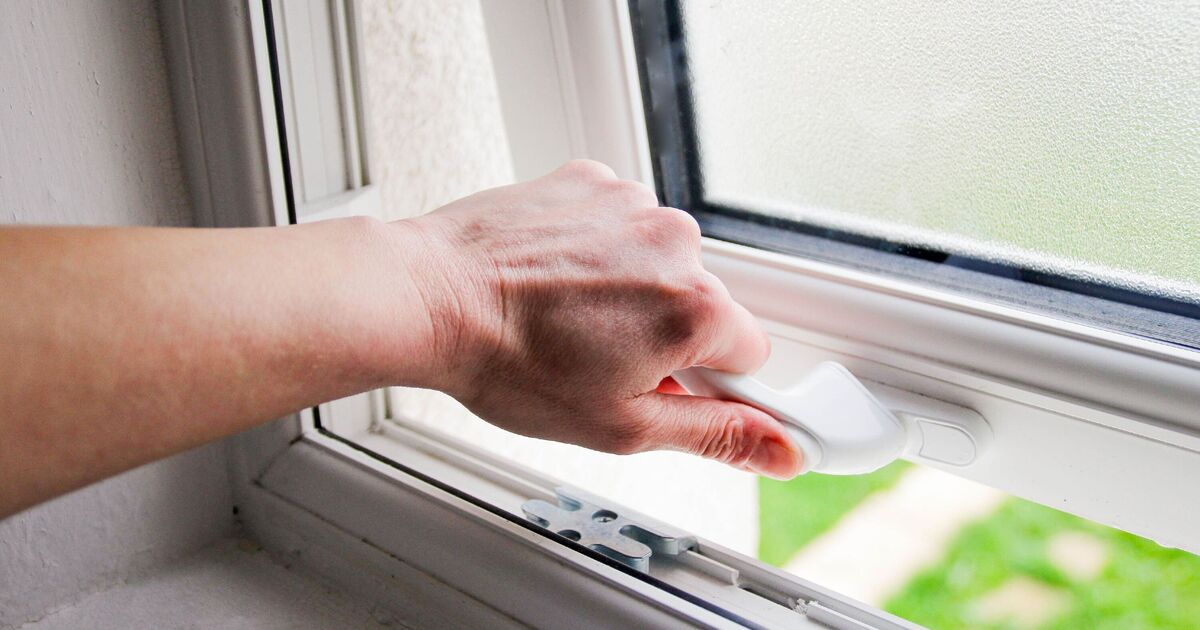UK households have been issued a warning to open windows this month to help fend off the flu.
NHS England figures show that the hospital admissions for people with flu are continuing to rise, averaging 5,408 flu patients every day in the first week of January, including 256 in critical care.
Professor Julian Redhead, NHS national clinical director for urgent and emergency care said that cases of flu are “skyrocketing”, adding that the strain of flu circulating at the moment is putting more than three times as many patients into hospital compared to this time last year.
The UK Health Security Agency (UKHSA) has warned that the UK is still seeing high levels of flu positivity and with the virus continuing to spread, it is urging people to “open a window when meeting others indoors”.
Respiratory viruses, like flu and Covid, can build up in areas that have poor ventilation which increases the risk of them spreading, particularly if there are infected people present.
But simply opening your windows, even for short periods, will allow fresh air to circulate the room and remove stale air that could contain virus particles, thereby reducing the chance of spreading infections.
Good ventilation has also been linked to other health benefits including improved sleep, better concentration, and fewer sick days from work or school.
The UKHSA explains: “When someone with a respiratory viral infection breathes, speaks, coughs or sneezes, they release small particles (droplets and aerosols) that contain the virus which causes the infection. These particles can be breathed in or can come into contact with the eyes, nose, or mouth. The particles can also land on surfaces and be passed from person to person via touch.
“While larger droplets fall quickly to the ground, aerosols containing the virus can remain suspended in the air for some time, including after an infected person has left the area. In poorly ventilated rooms the amount of virus in the air can build up, increasing the risk of spread, especially if there are lots of infected people in the room.
“The risk of airborne transmission is increased when occupants in an enclosed space are participating in energetic activity, such as exercising, or when they are shouting, singing or talking loudly.
“Bringing fresh air into a room and removing older stale air that contains virus particles reduces the chance of spreading respiratory infections. The more fresh air that is brought inside, the quicker any airborne virus will be removed from the room.”
Households should note that ventilation alone doesn’t prevent respiratory infections spreading through close contact and is just one of the actions you can take to help minimise the risk.










